A water softener system is a filtration system that removes minerals that create water hardness, which is one of the most common water quality problems a homeowner can encounter. It works to remove high concentrations of calcium and magnesium that cause hard water.
Hard water destroys appliances, leaves filmy soap scum across bathrooms and kitchens, and dries out hair and skin. A water softener system saves you from replacing prematurely ruined water heaters, scaly faucet heads, and hours and hours of cleaning up soapy residue.
What is Water Hardness?
When water passes through layers of rock and soil, it picks up some of the ground’s mineral content, including calcium and magnesium.
Hard water contains high concentrations of minerals, mostly named calcium and magnesium. Hard water is safe to drink and wash with, but over time it can lead to inconvenient, embarrassing, and costly problems like:
- Ugly water stains in sinks and tubs
- Higher water bills because water appliances work harder
- The cost of replacing clothes and linens ruined by hard water stains
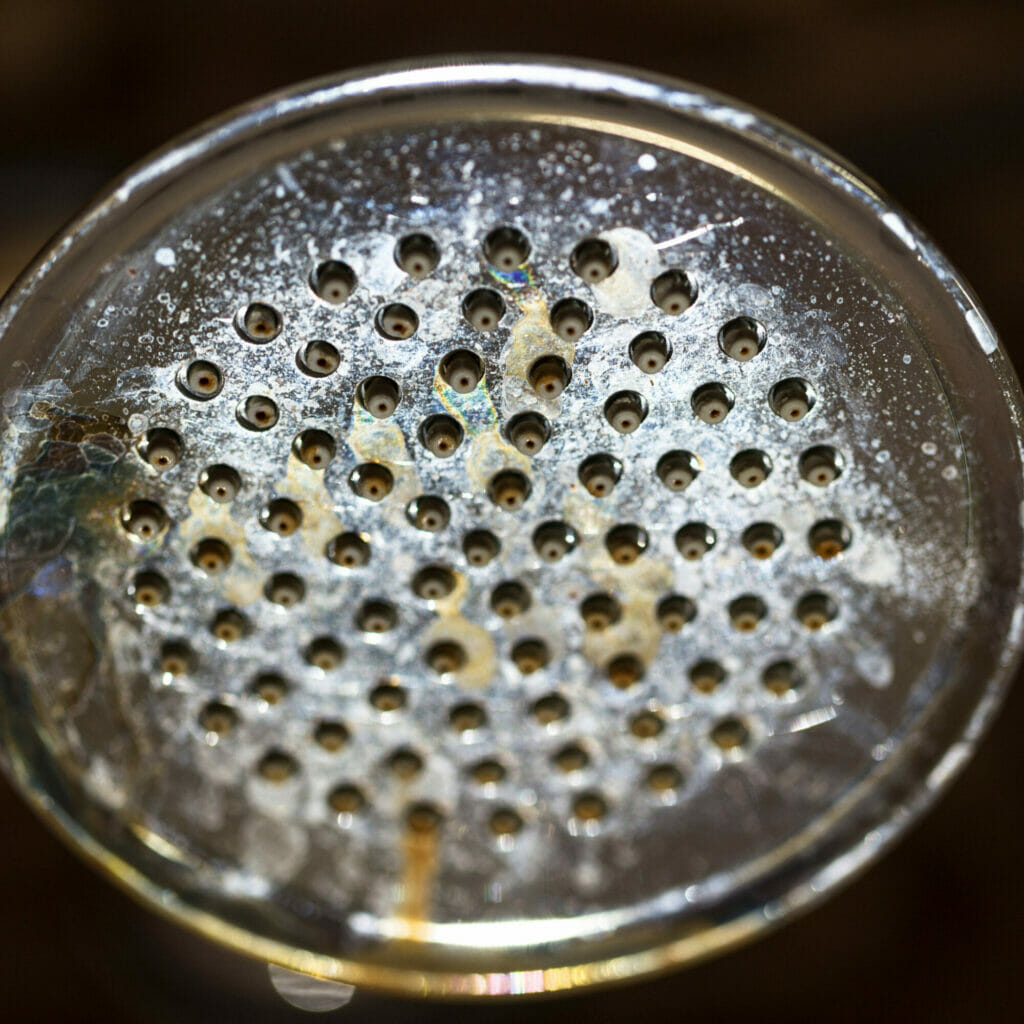
What are the Signs of Hard Water?
Although water is typically crystal clear, it contains minerals and chemicals. The concentration of certain minerals is what creates the “hardness” of water.
You can’t usually tell by looking at water whether it’s hard or soft. Sometimes the feel of water and what it does to items in your water using appliances can be a tip-off.
Besides causing your water to smell and taste funny, there are a few serious effects of hard water that are dangerous and inconvenient for homeowners.
- White, chalky residue or spots on dishes and in your dishwasher
- Clothes and linens that feel rough and look dull
- Scale buildup on faucets and ugly stains on white porcelain
- Dry skin and flat hair – because soap just doesn’t lather or rinse completely away
- Low water pressure from showers and faucets due to clogged pipes
Are there Health Risks with Very Hard Water?
There are no serious adverse health problems associated with drinking hard water.
However, hard water can contribute to dry skin and hair. Washing your hair frequently with hard water can leave your scalp feeling itchy.
If you notice problems with dry skin and hair, you may want to look into a water softening system for your home.
What Is the Water Softening Process?
Hard water is generally not harmful to one’s health but can pose serious plumbing problems in both residential and commercial applications. From the lack of suds formation in bathing and laundry applications to the costly breakdowns in boilers, cooling towers and other equipment that handle water, water hardness is a serious issue.
A water softener is a whole-house filtration system that removes hardness-causing calcium and magnesium minerals from your water through a process called ion exchange.
Eliminating or reducing water hardness is done with a piece of equipment known as a water softener. It is inside this softener where the ion exchange process occurs. A softener is comprised of different components, each having their own unique purpose.
How Does a Water Softening System Work?
The main goal of a water softener is to turn the hard water into soft water. One of the biggest misconceptions about water softeners is that the salt is what softens your water. What actually softens the water are thousands of tiny resin beads within the tank that filter out hard water chemicals.
A water softener works by either exchanging the ions with heavy minerals with sodium ions or by neutralizing the heavy mineral positive or negative ions so they are natural and can’t bond with each other.
The heart of the softener is the mineral tank which is a pressure vessel usually constructed out of fiberglass. These tanks are filled with negatively charged ion exchange resin. The brains of the softener lie in the control valve or softener head as it is commonly referred to. Most popular water softeners have an automatic regenerating system.
Water Softener Cycles
Water softeners have two primary functions; the softening cycle and the regeneration cycle. In the softening cycle, water enters the softener and passes through the ion exchange resin. As hard water passes through the resin, hardness ions are physically exchanged with the sodium ions on the ion exchange resin.
This process continues until the resin becomes saturated with hardness ions and depleted of sodium ions. As the resin nears exhaustion, its ability to soften is limited. For the softener to function properly at this point-in-time, the regeneration cycle must be initiated.
What Types of Water Softeners are There?
There are four main different water softeners that you can choose from. Each one is created for a specific hard water situation. Let’s review the different options.
Salt-Based Water Softeners
Salt-based water softeners work by drawing the ions within minerals into a resin inside the softener and exchanging these ions with sodium (salt).
It returns the water to a neutral, healthy state that improves the taste and smell of your drinking water that doesn’t build up scale in your pipes, so your appliances last longer.
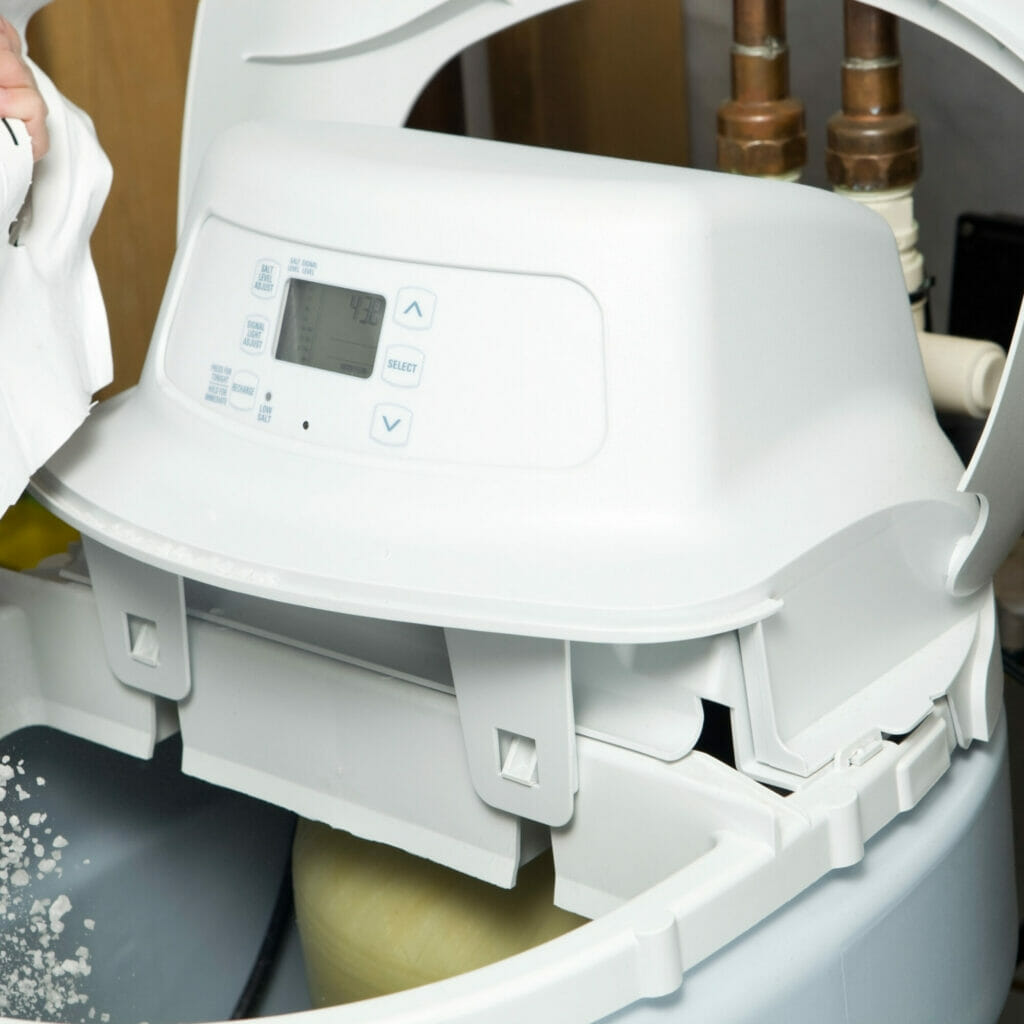
The Water Softening Systems Process
Calcium and magnesium, the two key culprits of hard water, are both positively charged molecules. As the hard water pumps through the water softening system, it passes through a filter filled with negatively charged resin beads. Let’s review more closely:
- Hard water enters your home from a main water pipe or well, and travels to the water softener.
- Resin beads in the tank attract and hold onto hard water minerals, removing them from the water.
- Softened water exits the tank and flows to the plumbing throughout your home.
The Water Softening System Regeneration Process
Sodium on the resin beads is exchanged for hard water minerals in the water. After some time, the resin beads need to be rinsed of the minerals and “recharged” so they can continue attracting and collecting hard water minerals. Let’s break down this process.
- A type of brine solution is created with the salt added to the softener.
- The brine flows through the resin tank, rinsing the beads and exchanging new sodium for the hard water minerals that has been collected. This is also known as the water softener backwash cycle.
- The brine and hard water minerals are flushed from the tank into a nearby drain.
- The resin beads are renewed and ready to collect hard water minerals again.
Salt-Free Water Softener Systems
Salt-free water softeners don’t contain any salt. The process of water softening requires that hard water minerals be removed, and the salt-free process alters the minerals instead, allowing them to remain in the water. Salt-free water softeners are not actually softening water rather, they are for “water conditioning”.
Salt-free water softeners transform the magnesium and calcium chemically, so that they do not cling to surfaces and precipitate into scale.
Dual Tank Water Softener System
A dual tank softener is a salt-based water softener with a slight difference; it has two tanks. Each tank works independently to soften your water. When one tank is being regenerated, the other takes over.
A dual-tank water softener is needed if you need to have an uninterrupted supply of softened water regardless of the time of day or amount of water used. A dual-tank water softener will provide softened water 24 hours a day.
Electric or Magnetic Water Softeners
Electric or magnetic water softeners are sometimes called descalers and work best for small to medium-sized households with little space to spare as salt-based and salt-free water softeners take up a lot of space.
This system doesn’t remove the heavy minerals and metals from the water but uses a magnetic field to strip the positive and negative ions to neutralize the heavy minerals and metals from the water. Because these ions are no longer positively or negatively charged, they can’t bond to each other, becoming entirely harmless and soluble in water.
How Long Do Water Softening Systems Last?
How long a water softener lasts depends greatly on your water usage, which is dictated by the quality of your home’s water. If you are softening extremely hard water or well water with iron, your equipment may need to be replaced sooner.
As there is no definite time when you should replace a water softener, it is important to learn how to spot the signs that your water softener is starting to fail.
Signs Your Water Softener Isn’t Working Properly
Noticing warning signs may not mean your water softener needs to be replaced. It could mean your softener simply needs servicing. Here are a few things to look for:
Not Enough Lather
If you notice that you are going through shampoo and soap a lot faster than usual, because you need to use more to make a decent lather.
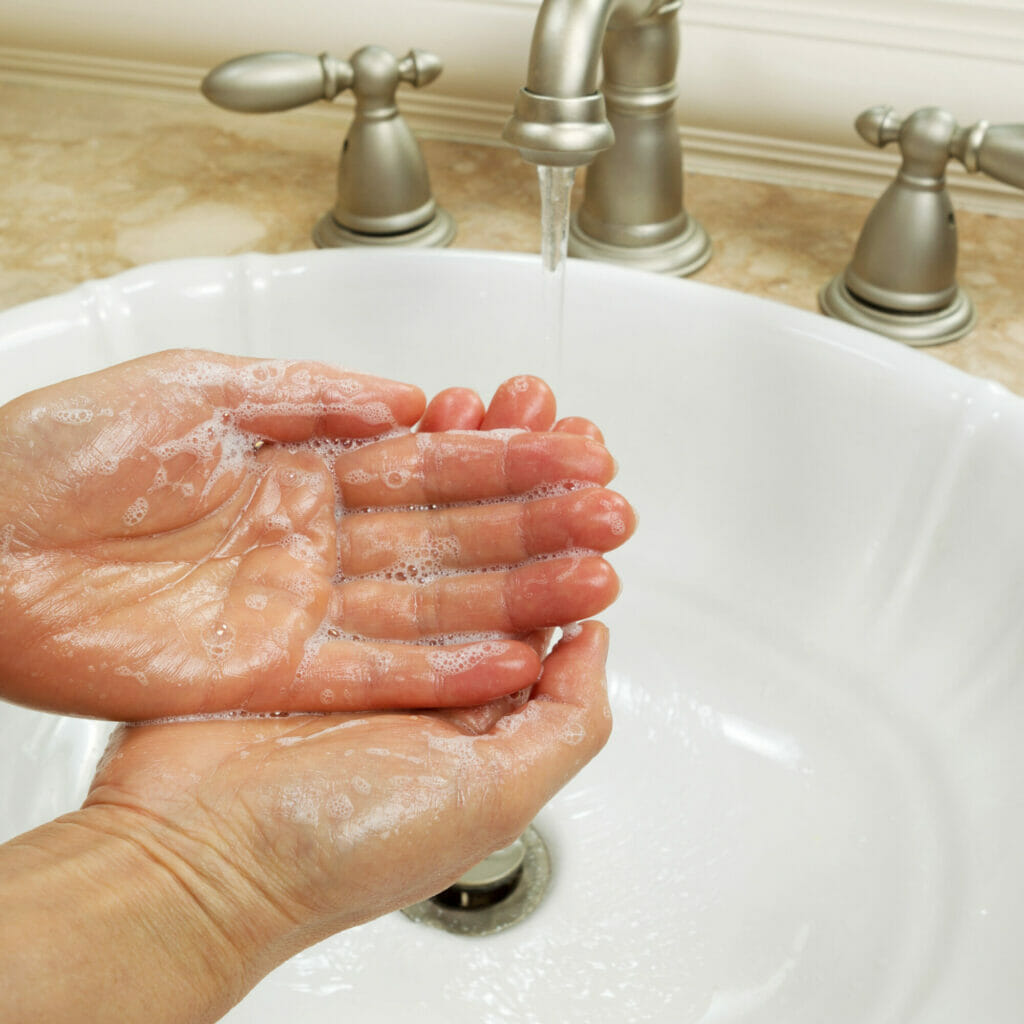
Laundry Concerns
Washing in hard water can leave mineral deposits behind on your clothes causing all kinds of issues.
- Dingy whites or clothing coming out with a grey or yellow hue.
- Stiff and harsh feel in your fabrics.
- Soil build up in your clothes.
- White or grey streaks appearing on your colored and dark clothes.
- Weakened fibers that are easily torn.
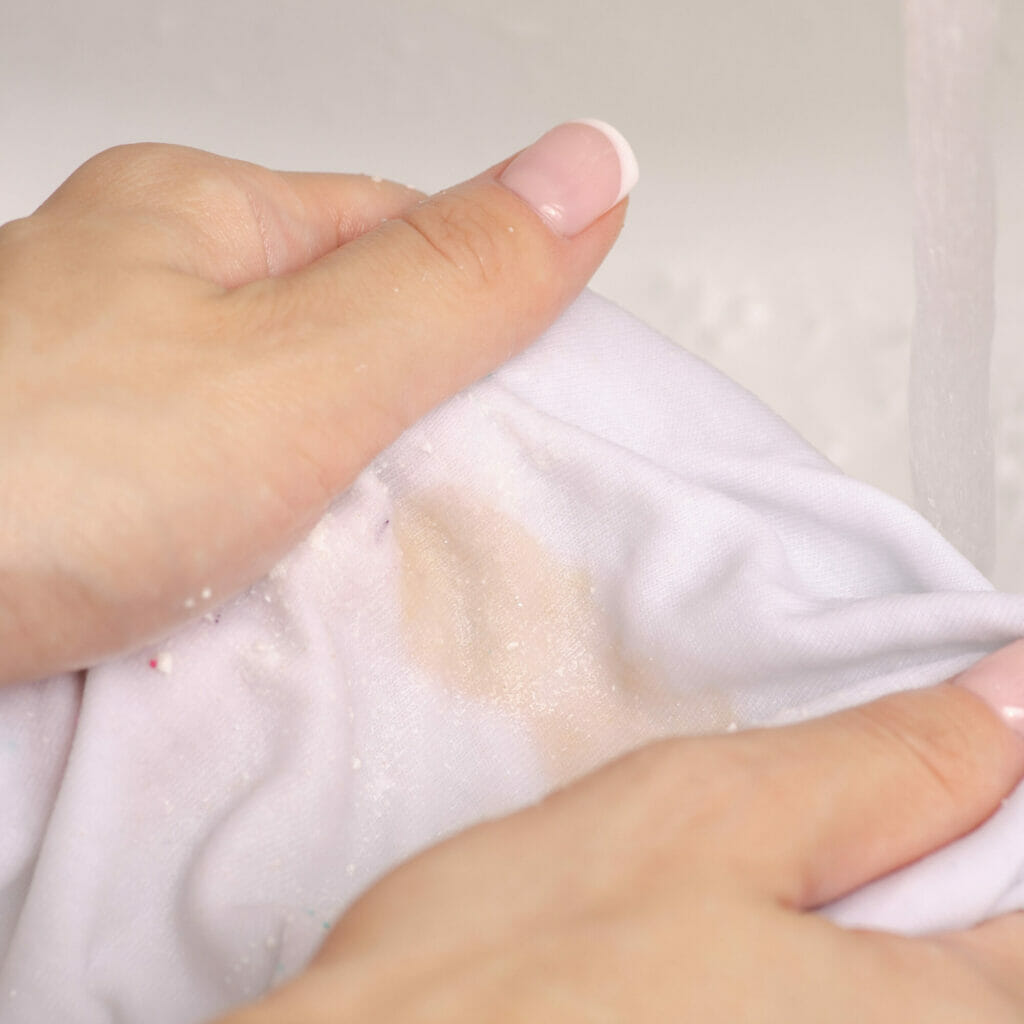
Crusty Build Up Around Your Pipes
Take a close look your faucets while cleaning the kitchen and bathroom. If you notice a chalky substance building up around them, this could be a sign that you need to take a look at your softener.
Benefits of a New Water Softener
A new water softener could make it easier to keep your house clean, provide you with softer clothes, and healthier hair and skin. It also helps ensures your water-using appliances last at least as long as you’d expect.
Getting a new water softener also allows you to take advantage of updated features and technologies in water treatment. For example, you could purchase a water softener equipped with settings to refresh your system proportionally, helping you save on salt and conserve water.
Salt monitors can alert you when you need to add water softener salts, chlorine generators can keep your system clean, and there are even innovations that connect softeners to Wi-Fi.
Why a Water Softener Is Important to a Home?

Hard water can cause significant problems in your home and for you personally. When it comes to your plumbing and appliances, hard water build up can degrade their performance and longevity.
The modern home depends on soft water. High efficiency appliances cannot run as designed when they suffer from hard water build up. Dishwashers and washing machines could end up with a much shorter lifespan because hard water can erode important parts, causing them to prematurely break down or stop functioning altogether.
Environmentally-Friendly, Energy Efficient Homes
Water softeners play a very important role in helping many other appliances in your home operate efficiently. Hard water creates limescale and other deposits that can wreak havoc in your home and drive up energy costs. One of the appliances affected most by hard water is your water heater.
Water heaters using soft water subsequently affect the performance and efficiency of showerheads, faucets, and appliances throughout your home, having a positive impact on the environment and their overall lifespan.
Eliminate Bottled Water
When people talk about tap water not tasting nice, it can be because of the chlorine content. This is likely to be more in hard water areas, because more is used in treatment plants.
Environmentalists have been warning consumers about the negative implications using plastic water bottles would have on our environment for years. According to the Container Recycling Institute, 86 percent of plastic water bottles used in the United States become garbage or litter.
It’s best to start by contacting a water treatment professional to properly test your water and recommend the right water solution based on those results. Then, you can rest assured you’re drinking the very best quality water right at home.
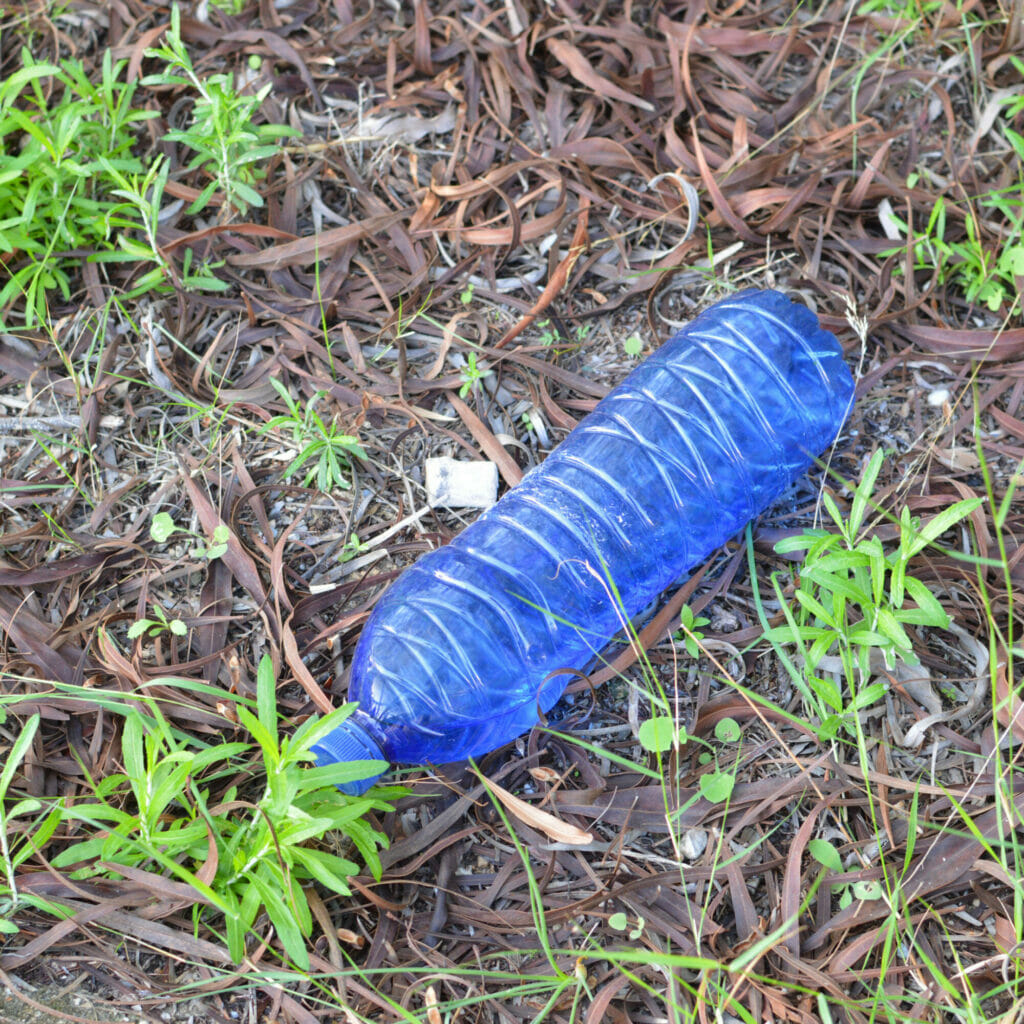
How Much Do Water Softeners Cost?
There is no denying that the size and unit type are two major components that influence the initial cost of a water softener. If you have a big home, your water usage requirement will be high. Simply, you need a larger amount of water for a bigger home that also requires a water softener with higher efficiency.
Smaller homes, on the other hand, have a lower water usage and require a smaller water softener. Thus, naturally saves cost.
It also depends on the number of people and the water usage in the household, or water consumption.
A recommendation is it is better to determine the hardness level of water with a water test before purchasing a water softener.
Calculating the Cost to Install

As you decide on the best water softener, consult with a pro to make sure you choose a system that has the capacity suitable for your house size and the number of inhabitants.
Be sure to factor in the following items:
System Type and Capacity
The type and capacity of your water softener will largely determine the price you pay. The larger the capacity, the more water will be treated, which means it will cost more.
Size of Home
A larger house that has several bathrooms requires more your home’s plumbing system than a one bedroom house. To adequately treat enough water for daily use, you’ll need to estimate the capacity based on grains per gallon. The grain capacity is how much mineral content can be removed.
Labor and Install Costs
For traditional, whole-house water softener systems, labor rates typically run between $150 and $600 for installation. The cost could go even higher if the installation is complex and new pipes need to be run to account for the new system.
What Type of Water Softener Do I Need?
When buying a new water softener, selecting one that is the right size is important. You’ll want to get one that can handle the demands of your household.
Water softeners are sold in several sizes, each rated by the number of grains of hardness they can remove from water between regenerations.
Finding the Right Water Softener Company
A professional plumber understands the correct techniques and measures to employ the highest-quality results of installing the best water softeners determined by how much water your household consumes and can test your water for the best water softening solution.
The Right Tools, Equipment, and Knowledge
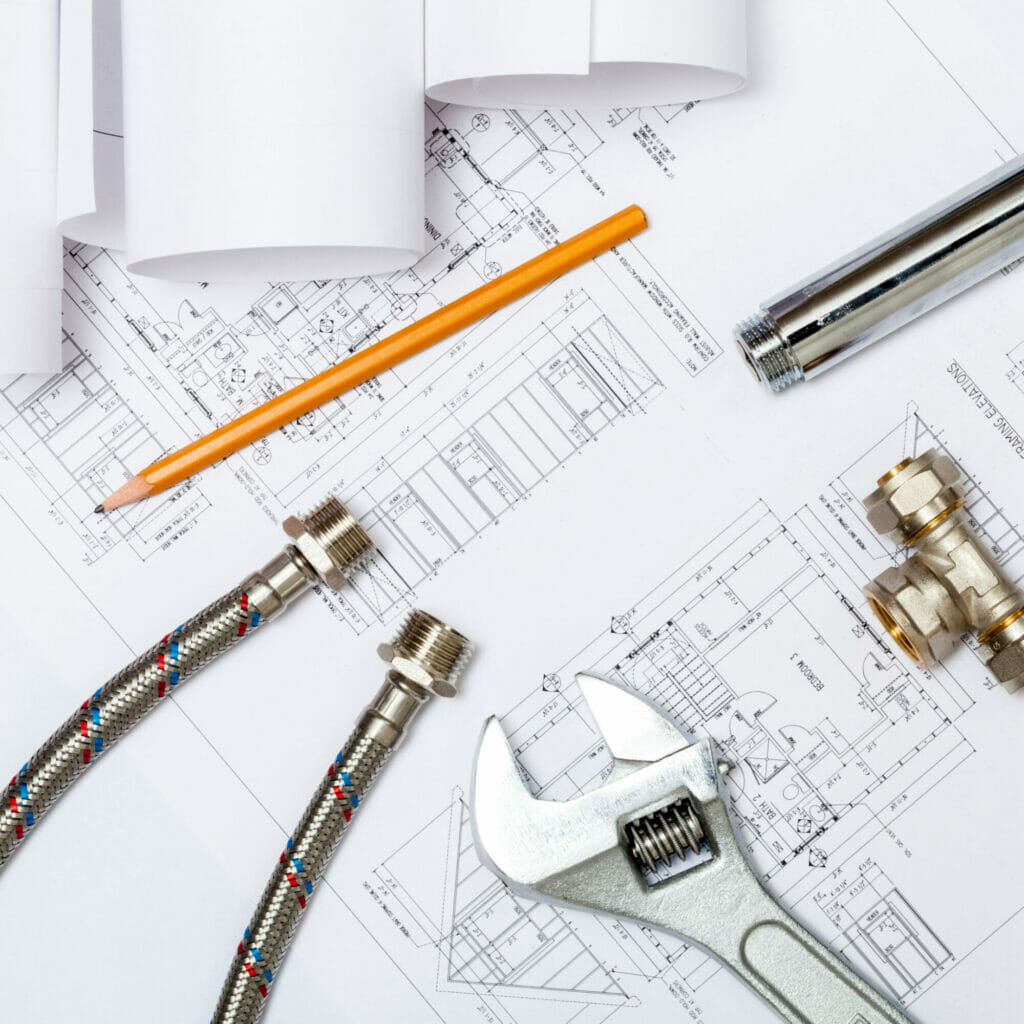
Professionally qualified plumbers will have the right tools and materials to produce the best outcomes. They know all the safety measures, so they know things like which valve should move or which equipment they should switch off before beginning to work.
Professionals always have that extra bit of knowledge and evaluation skills that make them a better option. As a result, these individuals can easily detect a wide variety of water softening solutions using their expertise and shrewd skills.
Contacting Your Water Softener Experts in Rockwall, TX – Intown Plumbing
Intown Plumbing offers comprehensive service you can rely on time and time again. In addition to expert repairs and installations, our experts can assess your home and let you know which water softener is right for you. Contact us today!

